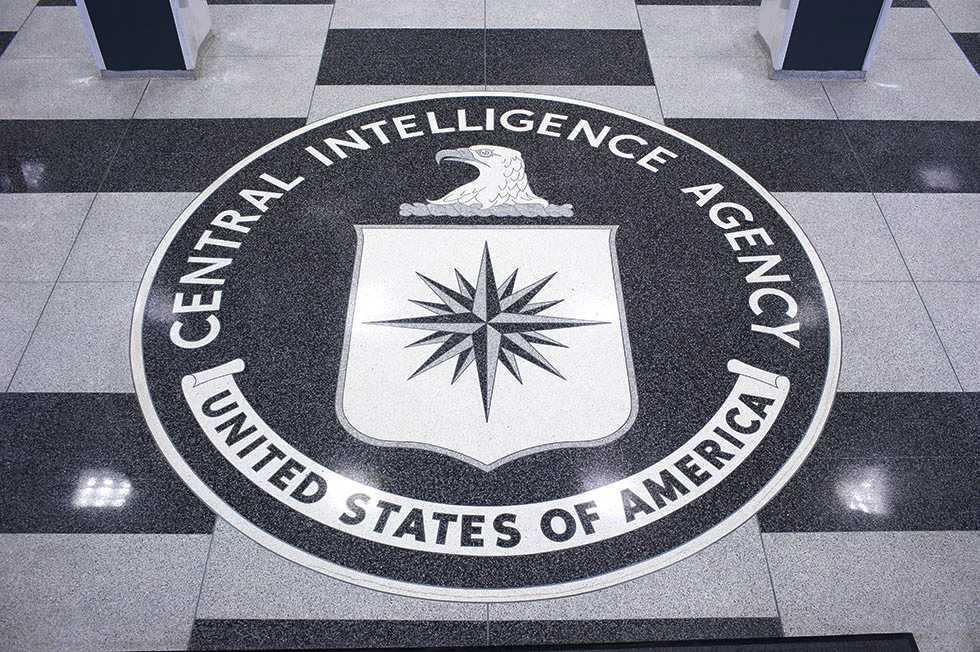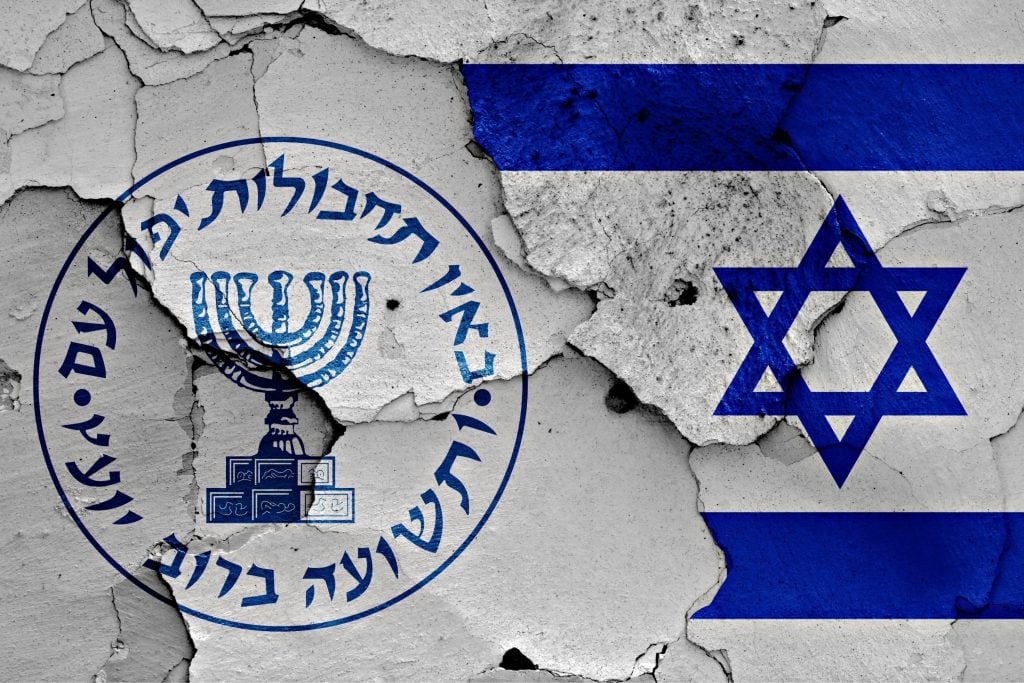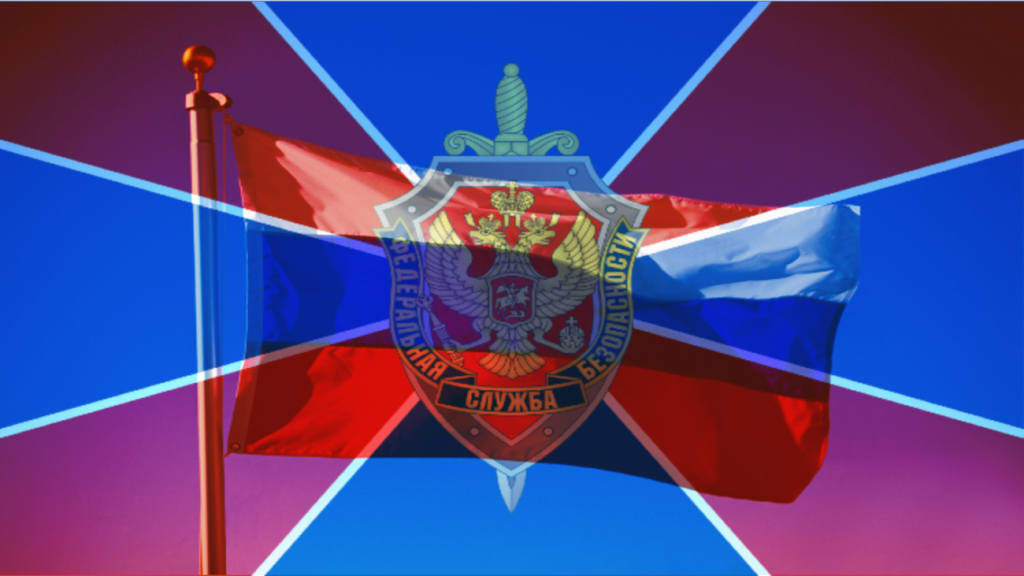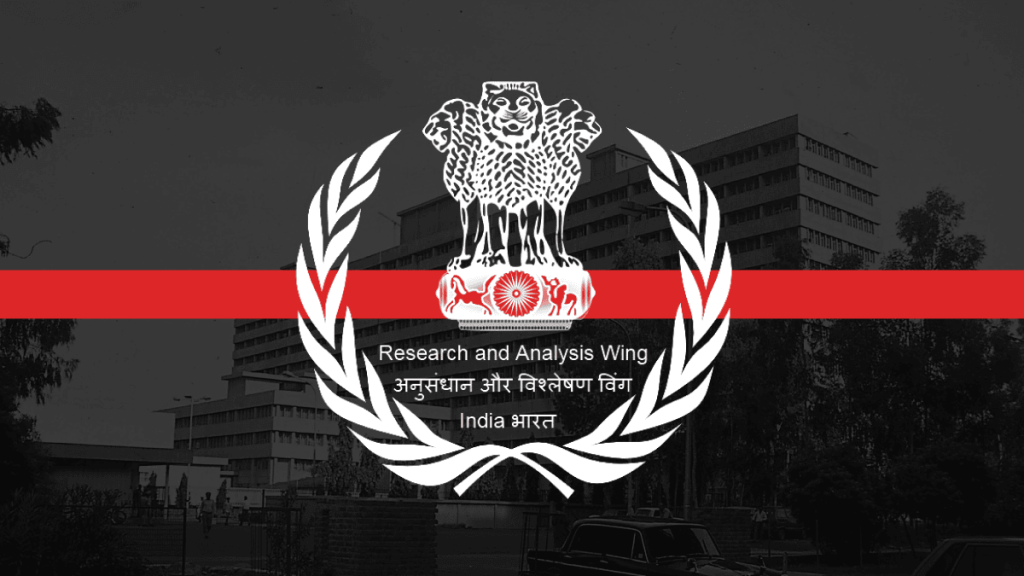Intelligence agencies play a pivotal role in safeguarding national security and shaping global geopolitics. These clandestine organizations operate in the shadows, gathering crucial information and conducting covert operations to protect their nations’ interests. The world’s best intelligence agencies have a reputation for their effectiveness, technological prowess, and far-reaching influence on international affairs.
In this article, we’ll explore the top five intelligence agencies that have made a name for themselves on the global stage. From the Central Intelligence Agency (CIA) of the United States to the Secret Intelligence Service (MI6) of the United Kingdom, we’ll delve into the capabilities and notable achievements of these elite organizations.
We’ll also examine the operations of Israel’s Mossad, Russia’s Federal Security Service (FSB), and India’s Research and Analysis Wing (RAW), shedding light on their unique strengths and contributions to their respective nations’ security.
1. Central Intelligence Agency (CIA)

The Central Intelligence Agency (CIA) stands as a cornerstone of the United States’ national security apparatus. Established in 1947, this civilian foreign intelligence service has played a pivotal role in gathering, processing, and analyzing critical information from around the world to safeguard American interests.
CIA History
The CIA’s roots trace back to the Office of Strategic Services (OSS), which operated during World War II. Following the war, President Harry Truman recognized the need for a centralized intelligence organization to counter emerging global threats. This led to the signing of the National Security Act in 1947, officially creating the CIA.
Also Read | 10 Top Intelligence Agencies in the World
The agency’s early years saw rapid growth and expansion of its capabilities. By 1953, the CIA had grown sixfold and established three of the five directorates that exist today. As the organization evolved, it moved from offices in Washington, D.C., to its iconic headquarters in Langley, Virginia, which continues to serve as a symbol of the agency’s mission.
CIA Operations
At its core, the CIA’s mission involves three primary functions:
- Collecting foreign intelligence
- Producing objective analysis
- Conducting covert action as directed by the President
The agency operates through specialized, multidisciplinary Mission Centers that address high-priority issues such as counterterrorism, nonproliferation, and organized crime. These centers foster strong partnerships between various intelligence collection disciplines and contribute to the broader Intelligence Community.
CIA Capabilities
The CIA’s capabilities extend across a wide spectrum of intelligence activities. The Directorate of Operations (DO) is responsible for human intelligence (HUMINT) collection, covert action, and counterintelligence. This involves the challenging and often dangerous task of gathering intelligence through human sources in foreign countries.
The Directorate of Science & Technology focuses on creating and managing technical collection methods and equipment. Many of its innovations have been transferred to other intelligence organizations or military services.
In 2015, the agency underwent a modernization effort, creating the Directorate of Digital Innovation to streamline and integrate digital and cybersecurity capabilities into its operations. This move reflects the CIA’s commitment to adapting to an ever-changing global landscape and addressing emerging threats in the digital age.
The CIA’s work is guided by key principles including integrity, service, excellence, courage, teamwork, and stewardship. These values underpin the agency’s efforts to provide critical intelligence to policymakers, including the President, to inform national security decisions and protect the United States from threats before they materialize.
2. Secret Intelligence Service (MI6)

The Secret Intelligence Service (SIS), commonly known as MI6, is the United Kingdom’s foreign intelligence agency. It plays a crucial role in gathering and analyzing human intelligence to protect national security and promote the country’s economic well-being. Working closely with the Foreign, Commonwealth & Development Office, MI6 provides the British government with a global covert capability to address various threats and challenges.
MI6 History
The roots of MI6 trace back to 1909 when it was established as the foreign section of the Secret Service Bureau. During World War I, it operated as MI1(c) under the Directorate of Military Intelligence. The organization adopted its current name, Secret Intelligence Service, around 1920. However, the moniker “MI6” gained popularity during World War II and has stuck ever since.
In its early years, MI6 faced challenges in establishing networks in Germany but found success in collecting intelligence through neutral countries and occupied territories. The interwar period saw the agency developing closer ties with the diplomatic service, creating the passport control department to provide cover for agents abroad.
MI6 Operations
MI6’s operations span the globe, with officers and agents engaging in missions worldwide. The agency’s primary tasks include:
- Counter-terrorism: Preventing extremism and terrorism both in the UK and overseas
- Espionage: Protecting national security through intelligence gathering
- Cyber operations: Utilizing digital expertise to reduce threats
These operations help to prevent hostile influence, keep the UK’s defenses alert, reduce serious and organized crime, and detect violations of international law. MI6 also collaborates closely with domestic intelligence agency MI5 and signals intelligence agency GCHQ to address various security challenges.
MI6 Capabilities
MI6’s capabilities have evolved significantly since its inception. During World War II, the agency played a crucial role in decrypting Enigma-encoded messages, providing valuable intelligence codenamed “Ultra” to support the Allied war effort. The agency also established strong partnerships with other intelligence services, notably collaborating with Polish counterparts to gather critical information on German military operations.
In the post-war era, MI6 shifted its focus to address new threats, particularly the rise of Communism. The agency underwent significant expansion and modernization, adapting to changing global dynamics. Today, MI6 operates under the legal framework established by the Intelligence Services Act 1994, which officially acknowledged its existence and defined its role.
MI6’s current priorities include counter-terrorism, counter-proliferation, providing intelligence for cybersecurity, and supporting stability overseas. The agency continues to adapt its capabilities to meet emerging challenges in the ever-changing landscape of global security.
3. Mossad

The Mossad, Israel’s renowned foreign intelligence agency, stands as a cornerstone of the country’s national security apparatus. Established on December 13, 1949, as the Central Institute for Coordination, it has evolved into one of the world’s most effective and feared intelligence organizations.
Mossad History
Prime Minister David Ben-Gurion founded the Mossad to coordinate and enhance cooperation between existing security services. In March 1951, it was reorganized and incorporated into the prime minister’s office, reporting directly to the Prime Minister of Israel. This unique structure has led some to describe Mossad as a ‘deep state’ due to its direct accountability to the prime minister rather than the Knesset.
Mossad Operations
The Mossad has undertaken numerous daring operations worldwide to protect Israel from existential threats. One of its most famous missions was the capture of Adolf Eichmann in 1960. After receiving information about Eichmann’s whereabouts in Argentina, Mossad agents tracked him down, kidnapped him, and brought him to Israel for trial.
Another notable operation was “Operation Diamond” in the 1960s, where the Mossad successfully obtained a Russian-made MiG-21 fighter jet. This operation provided crucial intelligence during the height of the Cold War.
The agency has also been involved in covert operations to thwart nuclear programs in hostile nations. In recent years, the Mossad has played a significant role in hampering Iran’s nuclear ambitions through various means, including cyber attacks and targeted assassinations.
Mossad Capabilities
The Mossad’s capabilities are vast and diverse. Its annual budget is estimated at around ₪10 billion (USD 2.73 billion), with approximately 7,000 employees. The agency is organized into several divisions, each specializing in different aspects of intelligence gathering and covert operations.
Key divisions include:
- Tzomet: The largest division, staffed with case officers conducting espionage overseas and running agents.
- Caesarea: Responsible for special operations, including the elite Kidon unit for assassinations.
- Keshet: Focuses on electronic surveillance, break-ins, and wiretapping.
In a rare move, Mossad released a secret recruitment ad for its Cyber Division on Israel’s 68th Independence Day, showcasing its adaptability to modern challenges. The agency has also ventured into technology investment, opening a venture capital fund in 2017 to invest in high-tech startups developing new cyber technologies.
4. Federal Security Service (FSB)

The Federal Security Service (FSB) of the Russian Federation stands as a formidable intelligence agency, serving as the primary successor to the Soviet Union’s KGB. Established in 1995, the FSB has evolved into a multifaceted organization with extensive responsibilities in internal security, counterintelligence, and border protection.
FSB History
The FSB’s roots trace back to the tumultuous period following the dissolution of the Soviet Union. In 1991, the KGB was dismantled in the wake of a failed coup attempt. Initially, its internal security functions were reorganized into the Ministry of Security, which was later transformed into the Federal Counterintelligence Service (FSK) in 1993. President Boris Yeltsin renamed and restructured the FSK into the Federal Security Service in 1995, granting it expanded powers and responsibilities.
FSB Operations
The FSB’s operational scope is vast and diverse. Its primary focus lies within Russia’s borders, encompassing counterintelligence, internal security, counterterrorism, and surveillance. The agency has played a crucial role in combating terrorism, with its Spetsnaz units, Alpha Group and Vympel, participating in high-profile hostage rescue operations such as the Moscow theater siege in 2002 and the Beslan school siege in 2004.
In 2001, the FSB took over the overall command of federal forces in Chechnya, adapting to the changing tactics of separatist groups. The agency has also been involved in cyber operations, with its Center 16 conducting significant campaigns against the energy sector in 2014 and the aviation sector in 2020.
FSB Capabilities
The FSB’s capabilities are extensive and continually evolving. With an estimated annual budget of around ₪10 billion (USD 2.73 billion) and approximately 75,000 employees, the agency possesses significant resources to carry out its mission. The FSB is organized into several specialized divisions, each focusing on different aspects of intelligence gathering and security operations.
Key capabilities include:
- Counterintelligence: The FSB is highly effective in this domain, working to neutralize foreign intelligence operations within Russia.
- Cyber Operations: Center 16, responsible for radio-electronic intelligence, conducts sophisticated cyber activities, including the interception and decryption of electronic messages.
- Economic Security: The agency is tasked with protecting Russia’s economic interests and combating financial crimes.
- Border Security: Since 2003, the FSB has incorporated the Border Guard Service, enhancing its ability to secure Russia’s vast frontiers.
Also Read | Top 5 Fastest Missiles in the World
In recent years, the FSB has expanded its mission to include foreign intelligence collection and offensive cyber operations, demonstrating its adaptability to emerging global security challenges. The agency’s evolving capabilities and broad mandate make it a key player in Russia’s national security apparatus and a significant force in international intelligence circles.
5. Research and Analysis Wing (RAW)

The Research and Analysis Wing (R&AW or RAW) stands as India’s premier foreign intelligence agency. Established in 1968, RAW has played a pivotal role in shaping India’s national security and foreign policy. This organization operates under the direct command of the Prime Minister, reflecting its critical importance to the nation’s interests.
RAW History
RAW’s inception can be traced back to the aftermath of the 1962 Sino-Indian War. The conflict exposed significant gaps in India’s intelligence gathering capabilities, prompting the need for a dedicated external intelligence agency. Prime Minister Indira Gandhi, recognizing this necessity, handpicked 250 personnel to form the core of RAW. The agency’s first leader, Rameshwar Nath Kao, laid the foundation for what would become one of the world’s most effective intelligence organizations.
RAW Operations
RAW’s operations span a wide range of activities crucial to India’s security. The agency has been instrumental in several significant events, including:
- The creation of Bangladesh in 1971
- Monitoring nuclear programs in neighboring countries
- Counter-terrorism operations against groups like Lashkar-e-Taiba
- Covert operations in various countries to protect India’s interests
One of RAW’s most notable achievements was its role in the Bangladesh Liberation War. The agency provided crucial support to the Mukti Bahini, training and equipping them in their fight for independence.
RAW Capabilities
RAW’s capabilities have evolved significantly since its inception. The agency now boasts a robust network of informants and agents across various countries, enabling it to gather critical intelligence on threats to India’s security. Its expertise extends to:
- Human Intelligence (HUMINT)
- Cyber Intelligence
- Counter-terrorism
- Economic Intelligence
RAW has also adapted to the digital age, enhancing its capabilities in cyber intelligence and surveillance to combat emerging threats. The agency’s budget, while classified, is estimated to be between $100-150 million annually, reflecting its growing importance in India’s security apparatus.
In recent years, RAW has been credited with providing intelligence that led to successful operations like the 2016 surgical strikes and the 2019 Balakot airstrike. These operations demonstrate RAW’s critical role in India’s strategic decision-making process.
The world of intelligence agencies is a complex and ever-changing landscape, where the stakes are high and the consequences far-reaching. From the CIA’s global reach to MI6’s covert operations, Mossad’s daring missions, FSB’s internal security focus, and RAW’s crucial role in shaping India’s foreign policy, these agencies have a significant impact on international affairs. Their capabilities span from human intelligence gathering to cutting-edge cyber operations, showcasing their adaptability in the face of evolving threats.
As we’ve seen, these top intelligence agencies play a vital part in safeguarding their nations’ interests and shaping global geopolitics. While their methods and operations often remain shrouded in secrecy, their influence on world events is undeniable. As the global security landscape continues to shift, these agencies will no doubt keep evolving, using their unique strengths to tackle new challenges and protect their countries in an increasingly complex world.
FAQs
Q: Which intelligence agency is considered the number one in the world?
A: The Central Intelligence Agency (CIA) of the United States is regarded as the top intelligence agency globally. It is a civilian service tasked with gathering, processing, and analyzing national security information from across the world, primarily through human intelligence.
Q: What country is home to the best secret intelligence agency?
A: The United States is home to the best secret intelligence agency, the Central Intelligence Agency (CIA).
Q: Which is the most powerful intelligence agency in the United States?
A: The most powerful intelligence agency in the United States is the Central Intelligence Agency (CIA). The director of the CIA is nominated by the president and must be confirmed by the Senate.
Q: What is considered the most secretive government agency?
A: The National Security Agency (NSA) is often considered the most secretive government agency in the U.S., sometimes referred to humorously as “No Such Agency” due to its high level of secrecy.




